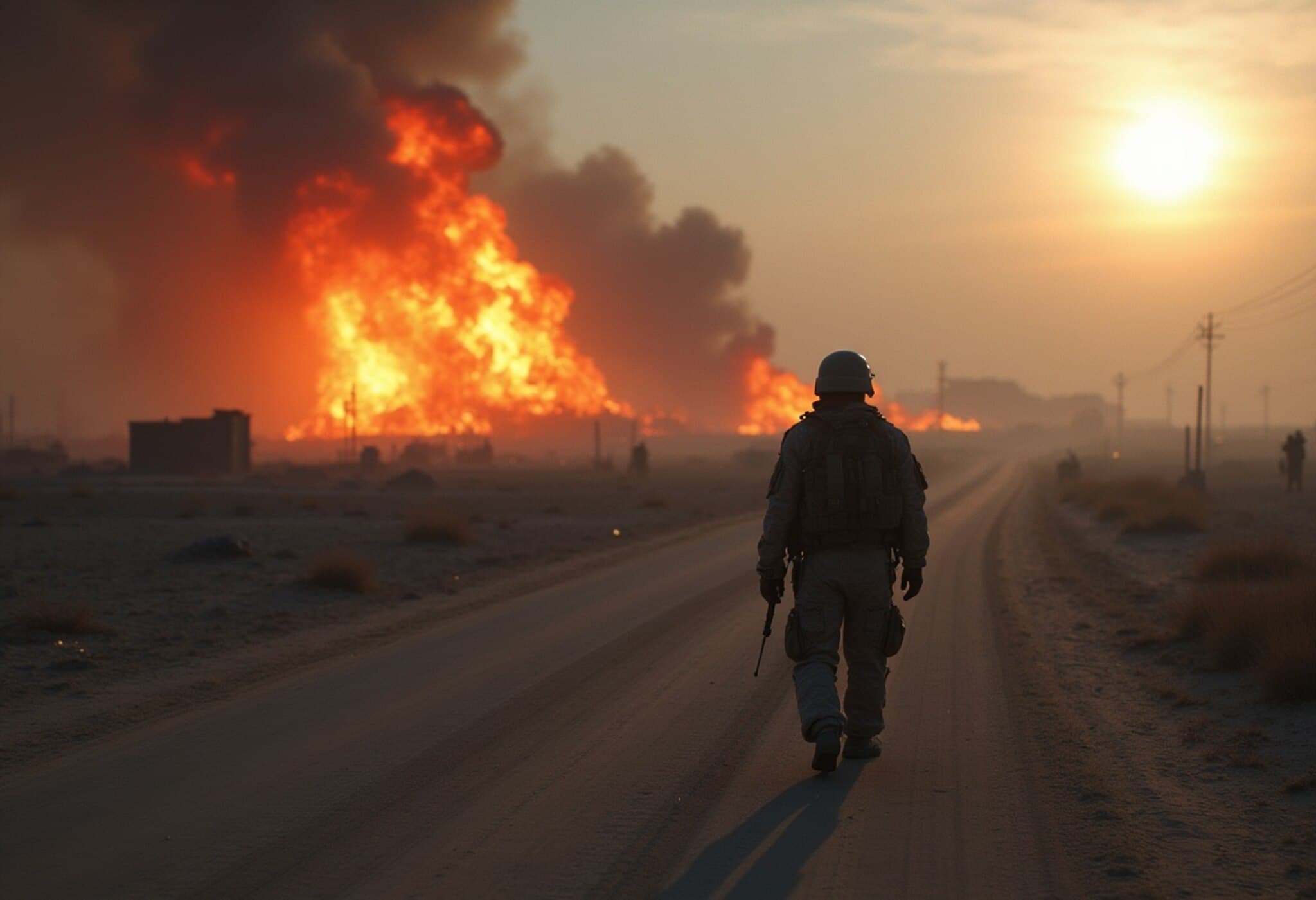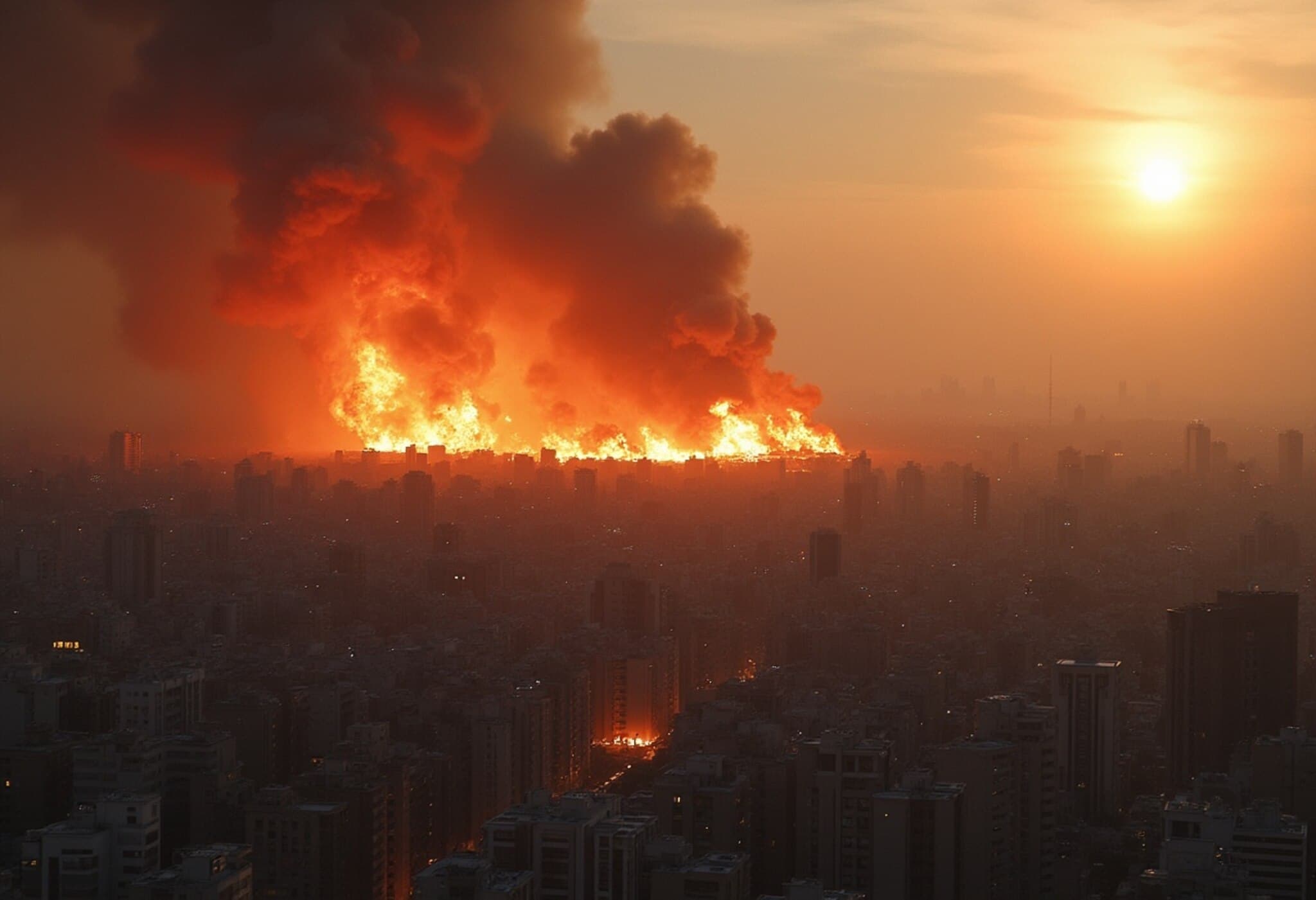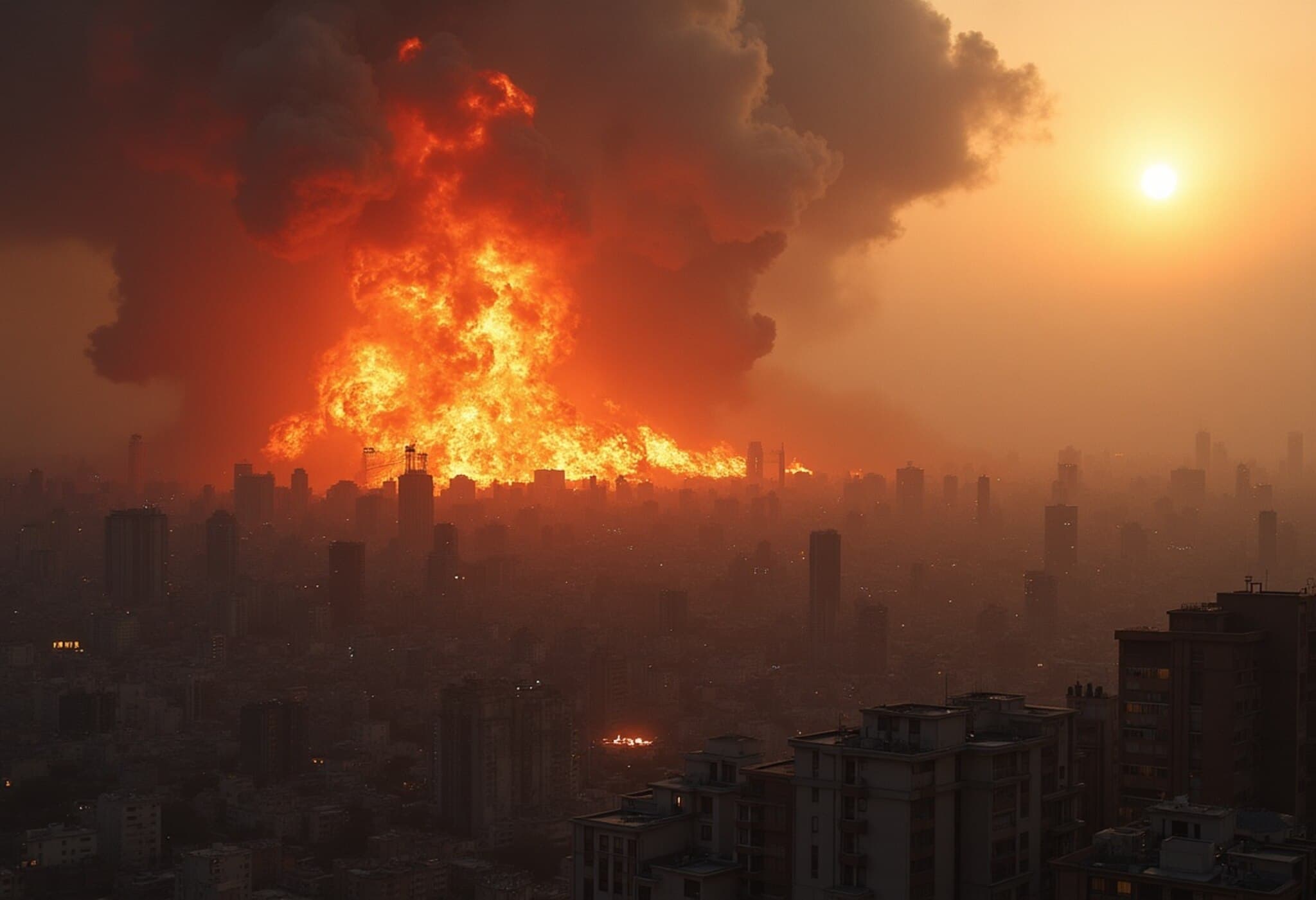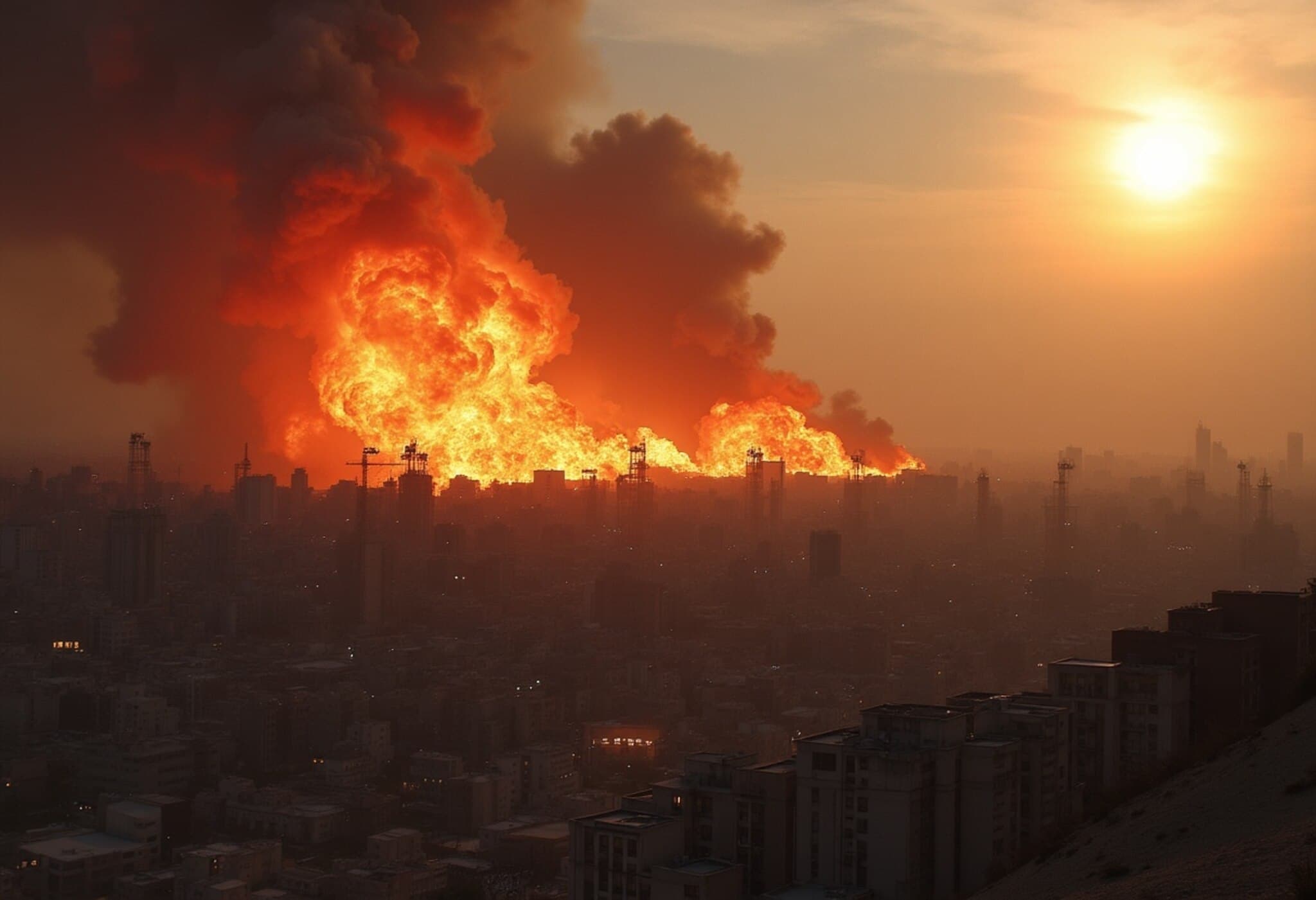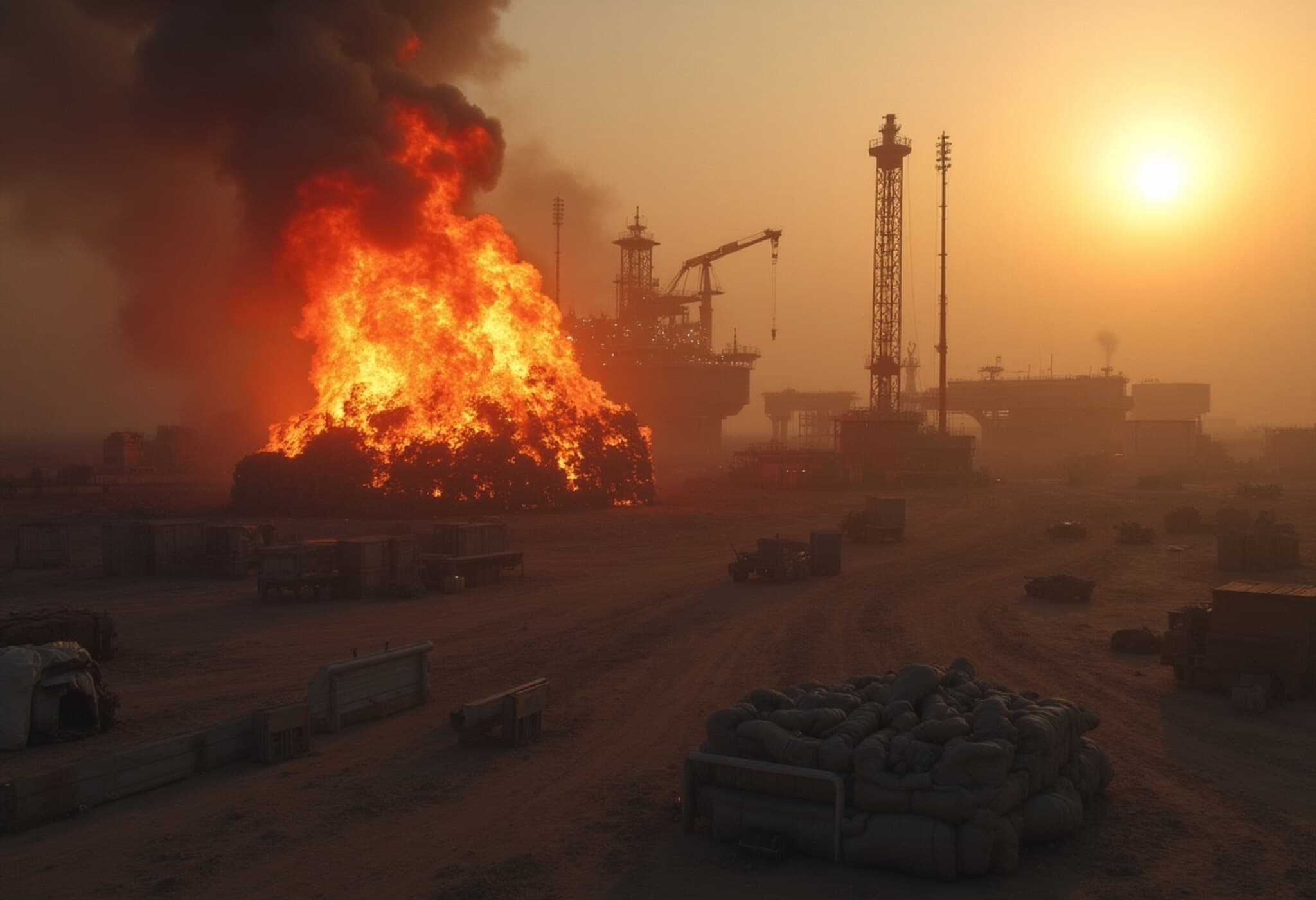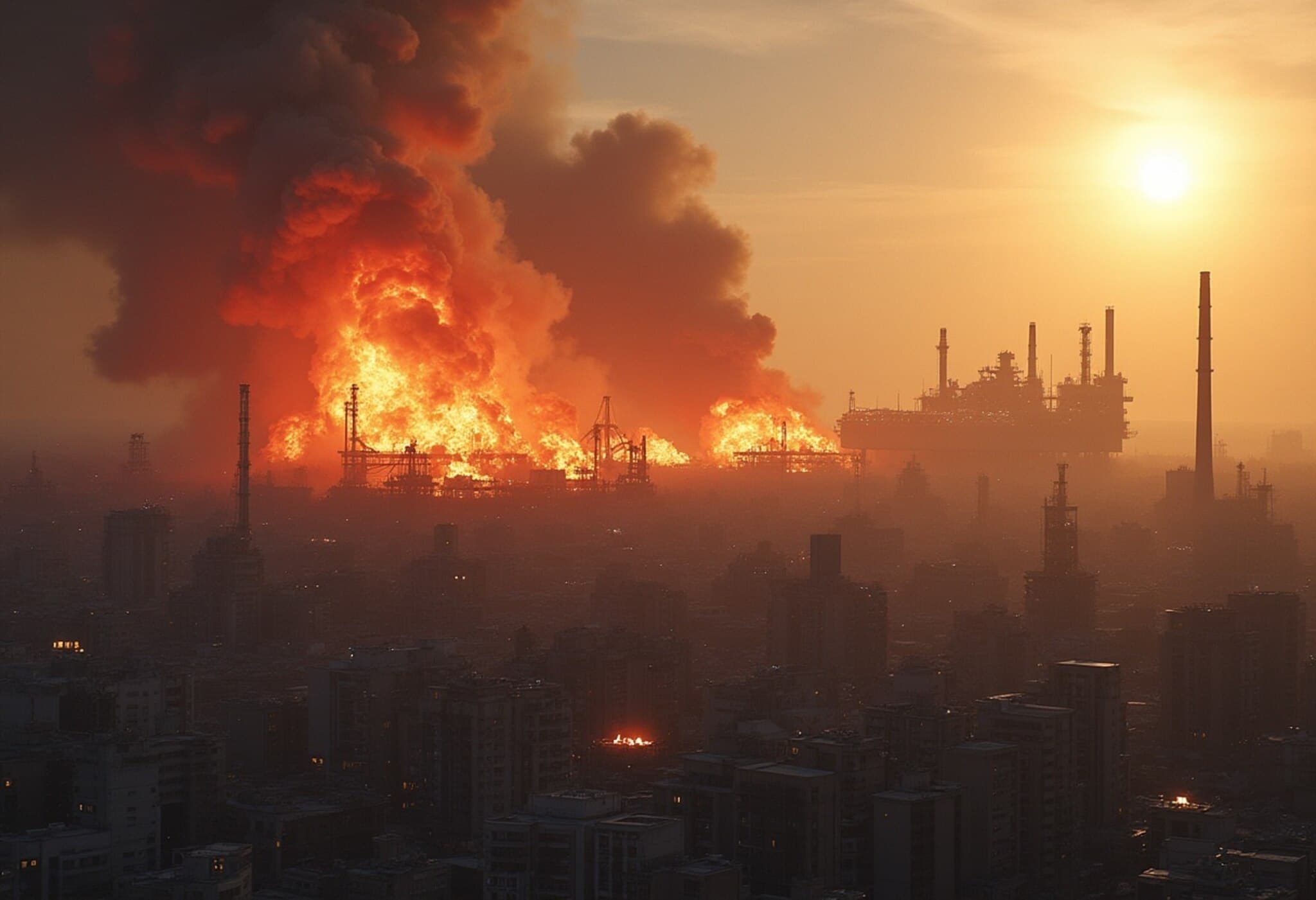European Markets Open Lower Amid Rising Middle East Tensions
European shares started the week under pressure, reflecting growing concerns over the escalating conflict in the Middle East and the United States’ recent military strikes in Iran. The pan-European Stoxx 600 index edged down by 0.4%, with nearly all sectors trading in the red except oil and gas. France’s market led the declines, slipping 0.7%.
Market Reaction to U.S. Military Action
Despite initial fears that U.S. involvement might ignite a broader geopolitical crisis and trigger a market selloff, investors appear to be largely unimpressed by the latest developments. Many market strategists suggest the conflict remains contained for now, even viewing the situation as potentially supportive for select risk assets. This cautious optimism comes despite President Donald Trump's decision to authorize targeted strikes against nuclear facilities in Iran, including sites at Fordo, Isfahan, and Natanz.
Futures Indicate Choppy Trading Ahead
Data from market futures painted a picture of volatility as European markets braced for a turbulent session. London’s FTSE 100 was poised to open down by 0.3% at 8,747, Germany’s DAX was set 0.4% lower at 13,222, France’s CAC 40 expected a dip of 0.5% to 7,536, and Italy’s FTSE MIB pointed toward a 0.6% fall. The weekend conflict spike and U.S. strikes took many investors by surprise, contrasting sharply with Trump’s earlier hint that any decision would come "within the next two weeks." The attacks have intensified concerns about a potential broader confrontation in the volatile region.
What Investors Should Watch Today
With tensions simmering, global markets remain on edge. Traders are keeping a close eye on oil prices, which might climb amid supply disruption fears. Key economic data to watch includes the flash purchasing managers’ indices (PMI) for services and manufacturing across Europe, expected Monday morning, offering fresh insights into the region’s economic momentum. Aside from these data points, the calendar remains relatively quiet in terms of earnings and major releases.
In Summary:
- European stocks broadly lower with the Stoxx 600 down 0.4%.
- Oil and gas sectors buck the downward trend, showing resilience.
- U.S. strikes on Iranian nuclear sites introduce geopolitical uncertainty.
- Market strategists largely believe the conflict is contained for now.
- European PMI data due that could influence short-term market direction.


